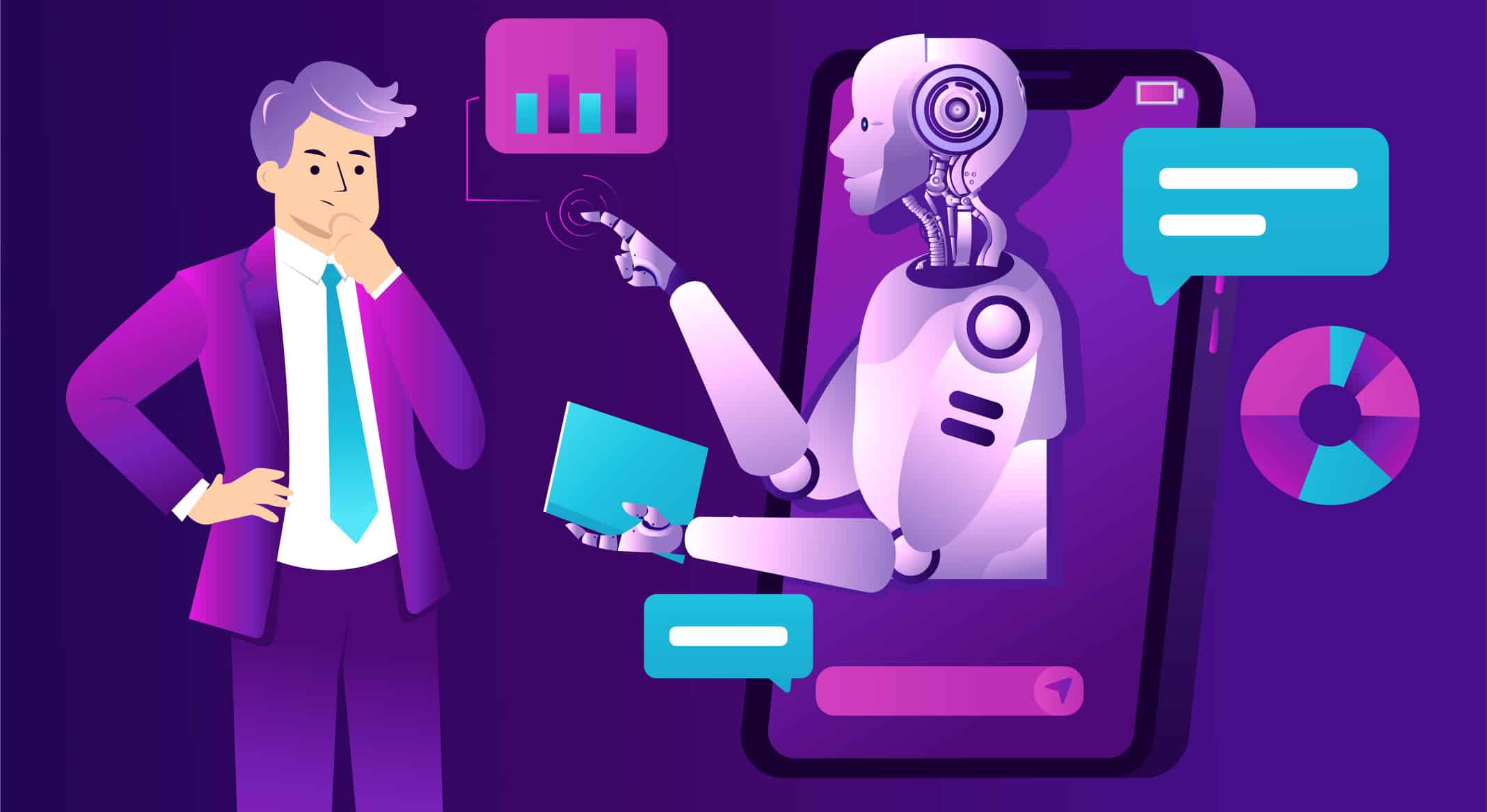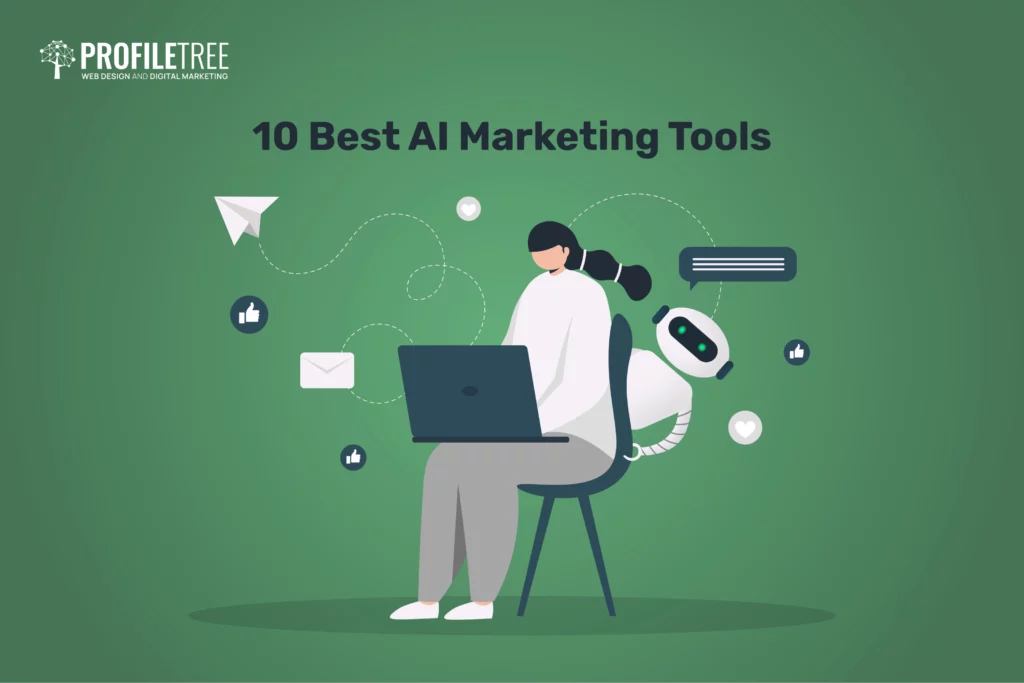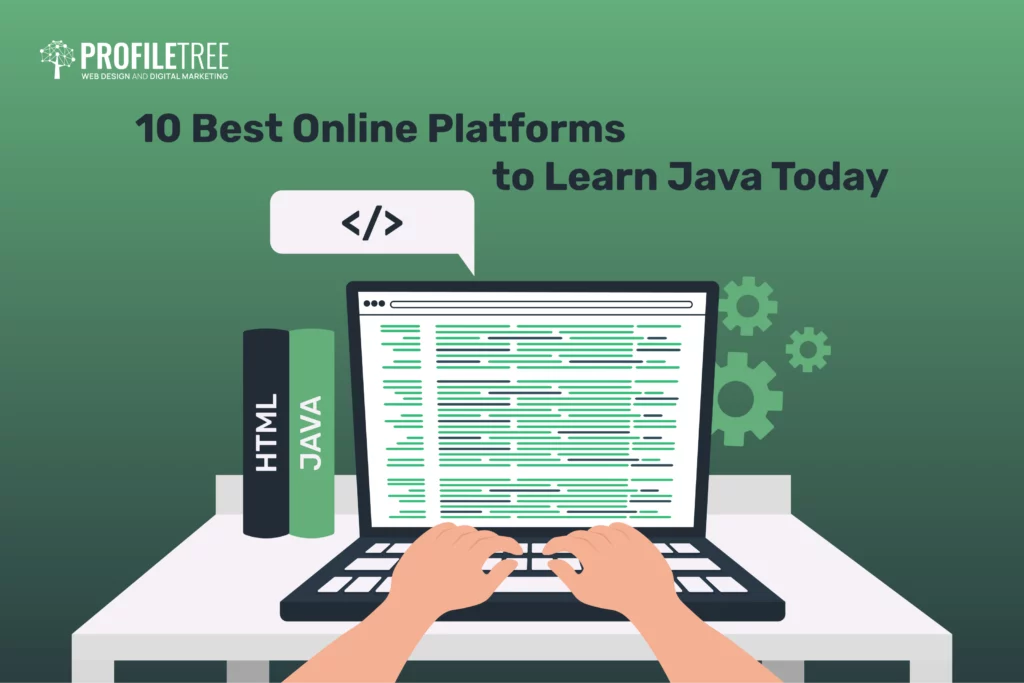How are AI Tools shaping the future for industries?
With industries ever-evolving, AI tools have become the cornerstone of innovation and progress, propelling them towards a brighter future. Today, AI tools are vital in reshaping a wide range of industries. They streamline operations and ignite ground-breaking innovations. AI tools hold the potential to deliver maximum efficiency, reduce labour-intensive tasks, and pave the way for a brighter future across diverse sectors.
In this journey, we’ll explore the remarkable capabilities of AI tools, uncovering their significant impact on various industries. We’ll shed light on how they are paving the path toward a future enriched by technology, making it easier for you to grasp their impact.
Table of Contents
AI in Healthcare: Precision Medicine and Diagnostic Advancements
In the dynamic world of healthcare, AI-powered diagnostic tools and predictive analytics are making a big impact. These AI tools hold the potential to revolutionise patient care, from enabling early disease detection to crafting personalised treatment plans. As technology advances daily, the healthcare industry is steadily moving away from traditional pen-and-paper methods. Many healthcare companies and hospitals are embracing technology, such as tablets, to efficiently manage and store patient details. With the integration of AI on the horizon, this transformation promises to revolutionise the industry entirely.
By harnessing the power of machine learning and deep learning models, AI algorithms analyse patient data and medical images with remarkable accuracy. One notable example is IBM’s Watson for Health, which leverages AI to assist healthcare professionals in diagnosing diseases and recommending tailored treatment options. The result? Improved patient outcomes and the potential for reduced healthcare costs. As AI continues to advance, its integration into healthcare promises a future where precision and personalisation are at the forefront of medical practice.

AI in Finance: Data-Driven Decision Making
AI is reshaping the finance sector in multiple ways, going beyond automation to enable data-driven decision-making. Financial institutions are harnessing AI algorithms to analyse extensive datasets, improving risk assessment, fraud detection, and investment forecasting. Robo-advisors like Wealth front and Betterment, driven by AI, offer cost-effective and customized investment strategies. Additionally, AI-driven chatbots are streamlining customer service, providing financial guidance 24/7. The future of finance is increasingly intertwined with AI, promising efficiency, precision, and enhanced customer experiences.
AI in Marketing: Personalisation and Customer Engagement
In the world of marketing, AI is changing the game by focusing on two key things: personalisation and engaging customers. Using smart algorithms and data analysis, AI helps businesses create tailored marketing campaigns. It means showing customers exactly what they’re interested in, from product recommendations to customized content. AI also steps in with chatbots and virtual helpers, offering quick support and answering questions in real-time. As AI keeps advancing, it’s becoming a big part of marketing, making sure businesses connect with their audience on a personal level and provide experiences that matter.

AI in Manufacturing: Predictive Maintenance and Quality Control
Manufacturing companies are increasingly turning to AI to improve their operations. AI-powered predictive maintenance tools, for example, use smart algorithms to predict when machinery might break down, reducing unexpected downtime and saving on maintenance costs. These tools not only enhance efficiency but also prolong the lifespan of equipment.
Furthermore, AI-based quality control systems play a crucial role in ensuring product consistency and minimising defects. By quickly identifying and addressing potential issues, these systems help manufacturers maintain high-quality standards, reduce waste, and enhance overall production efficiency. In a competitive manufacturing landscape, AI is proving to be a valuable ally, streamlining processes and delivering tangible benefits.
AI in Education: Personalised Learning
AI tools are making a significant impact in education, particularly in personalised learning. With the assistance of AI tools, students receive tailored lessons and support tailored to their individual needs and learning progress. This approach allows each student to learn at their own pace, enhancing the effectiveness and enjoyment of their educational journey. Teachers can also leverage AI tools to monitor student performance and provide timely assistance when required, creating a more supportive learning environment. These AI tools not only enhance understanding but also boost students’ confidence in their abilities.
Moreover, AI tools enable educators to develop engaging educational content, including interactive lessons and quizzes, making the learning experience more enjoyable and effective. Additionally, AI opens the door to remote learning, granting students access to quality education from anywhere. AI tools are not just a trend; they represent a powerful resource for improving learning outcomes and ensuring that every student can realize their full potential.
AI in Customer Service: Chatbots and Virtual Assistants
AI is revolutionising customer service through the deployment of chatbots and virtual assistants. These intelligent digital agents are available round the clock, tirelessly addressing customer inquiries, resolving issues, and offering valuable information. With AI, customers can enjoy swift and convenient access to assistance whenever they require it, eliminating the frustration of waiting in queues or adhering to business hours.
The remarkable aspect of AI-powered chatbots is their capacity to continuously learn and improve. They analyse interactions and customer feedback, refining their responses and efficiency over time. This adaptive learning ensures that customers receive increasingly accurate and helpful support, ultimately enhancing their satisfaction.
Moreover, AI-driven customer service doesn’t just benefit customers; it streamlines operations for businesses. It reduces the workload on human agents, allowing them to focus on complex and specialised tasks, while chatbots handle routine inquiries efficiently. This efficiency translates into cost savings and more productive service teams.
Consider ChatGPT as an illustration — it’s a widely recognised tool in this context.
More on AI here
AI in Research: Accelerating Discoveries
AI is making significant strides in research, expediting the rate of discoveries across various fields. With its data-crunching abilities and pattern recognition, AI accelerates data analysis and helps researchers uncover valuable insights. Whether it’s in scientific experiments, medical studies, or data-driven projects, AI’s contributions are invaluable. By automating time-consuming tasks and offering predictive capabilities, AI enables researchers to focus on the creative and analytical aspects of their work. This synergy between AI and research not only enhances efficiency but also holds the promise of ground-breaking advancements that can benefit society as a whole.
To what extent can we rely on artificial intelligence in today’s era?
In today’s world, we’re using artificial intelligence (AI) more and more, but how much can we really depend on it? AI is everywhere, from voice assistants to self-driving cars and healthcare tools. While AI has tons of advantages, we also need to be cautious. Trusting AI depends on things like how good the data is, how clear the algorithms are, and whether it’s used ethically and reliably. Finding the right balance between using AI’s powers and using it wisely is a big challenge. So, the question of how much we can trust AI today is a big deal, and we need to think about it carefully while making sure it’s used responsibly.
AI is incredibly powerful, but it’s not infallible. It can make mistakes, sometimes due to biased data or overly complex algorithms. Moreover, AI doesn’t have moral judgment; it follows instructions based on patterns it learns from data. This raises important questions about responsibility and accountability when things go wrong. Therefore, as we embrace AI in our daily lives, it’s crucial to continually assess and improve its trustworthiness, ensuring that it benefits society as a whole without compromising our values and security.
In summary, AI tools are revolutionising various industries. They enhance efficiency, personalise experiences, and drive innovation. Whether in healthcare, finance, marketing, manufacturing, education, customer service, or research, AI is transforming the way we work and interact. It’s creating a brighter future by streamlining operations and making our lives easier.


